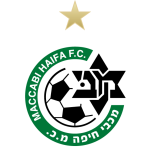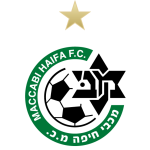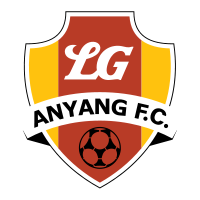Maccabi Haifa vs Rakow Czestochowa

Maccabi Haifa
First Leg Advantage
The Israeli side enters the second leg holding a slim, yet crucially important, advantage. Their 0-1 victory achieved in Poland was not a product of scintillating attacking football, but rather a testament to their exceptional defensive performance. The statistics from the first encounter clearly support this: Maccabi’s Expected Goals (xG) registered at a mere 0.32. This figure distinctly indicates that the team did not generate a plethora of scoring opportunities, instead converting virtually their sole meaningful chance.
Tactical Philosophy Under Flores
Maccabi’s new head coach, Diego Flores, a disciple of the renowned Marcelo Bielsa, places his primary emphasis on tactical discipline and solid defensive formations. Israeli football pundits are in unanimous agreement that under his tutelage, the team has become significantly more organized defensively, albeit at the expense of some creative spark and offensive power. Flores himself stated before the match that it would be a highly tactical contest and a major battle demanding ‘concentration at every moment.’ There was no mention whatsoever of an open or expansive style of play.
Attacking Woes and Neutral Venue
Furthermore, the team is currently contending with significant challenges in its attacking line following the departure of several key players. The club presently lacks creative footballers capable of making a decisive impact. It is also imperative to remember that this fixture will be contested at a neutral venue in Hungary. The potential home-field advantage, which might otherwise encourage a more adventurous approach from the Israelis, is entirely absent.

Rakow Czestochowa
Challenging Position and Striker Rebellion
The Polish squad finds itself in an extremely difficult predicament. They are compelled to overturn the deficit, but their primary concern lies with their offensive capabilities. The team’s top scorer, Norwegian forward Jonatan Brunés, is not merely injured – he has instigated a full-blown rebellion. The player informed the club of ‘poor well-being’ and refused to play, an action widely interpreted by both the club and the Polish press as an attempt to force a transfer. This situation delivers a tremendous blow to Rakow’s attacking potential, essentially leaving them without a recognized central striker.
First Leg Frustrations and Media Pressure
The first leg revealed that Rakow struggled with converting chances even with Brunés available. The Poles commanded possession for 55% of the time, unleashed 14 shots on goal compared to Maccabi’s 6, yet still failed to score. Polish journalists collectively described their team’s attacking performance as incredibly clumsy and devoid of genuine ideas. The squad is now operating under immense pressure, with reports in the press highlighting a dispirited team morale. In such an atmosphere, anticipating a goal-scoring spectacle appears highly unlikely.
Coach’s Dilemma and Historical Precedent
Coach Marek Papszun fully comprehends the necessity to score, but also the absolute imperative to avoid conceding at all costs. A goal from Maccabi would virtually extinguish the Poles’ chances. This scenario will force Rakow to operate with extreme caution, eschewing unnecessary risks to prevent falling victim to a counter-attack. Historically, this marks only the second instance in European competitions where Rakow has lost the opening leg. On their previous attempt, they were unable to recover the deficit.
Overall Match Outlook
So, what is the prevailing situation as we head into this decisive second leg? Maccabi has secured the desired result away from home and can now comfortably play to manage the scoreline. Their coach is a firm advocate of tactical, defensive football, and the entire logic of this return fixture dictates that he will set his team up to be compact, aiming to capitalize on any opponent’s errors. There is absolutely no need for the Israeli side to surge forward aggressively and take undue risks.













 Mark Thompson
Mark Thompson



